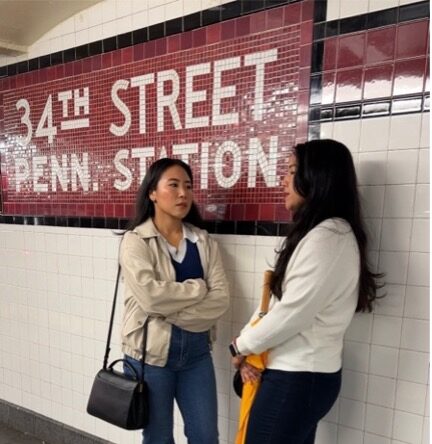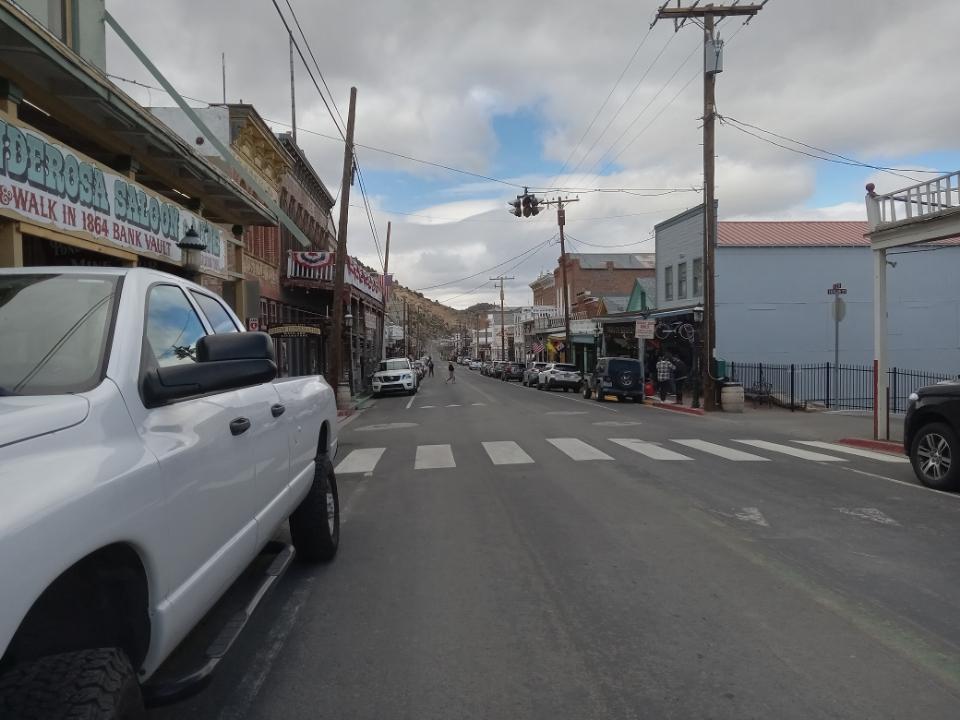 (SANTIAGO, Chile)— Generations of reading enthusiasts met on Jan. 25 in the gardens of Santiago’s Latin American Children’s and Youth Interactive Library for the Book Fair of Children and Young Adult Literature, part of a plan to address Chilean children’s low reading rates and the post-pandemic educational crisis.
(SANTIAGO, Chile)— Generations of reading enthusiasts met on Jan. 25 in the gardens of Santiago’s Latin American Children’s and Youth Interactive Library for the Book Fair of Children and Young Adult Literature, part of a plan to address Chilean children’s low reading rates and the post-pandemic educational crisis.
The event was put together by the organizers of Chile’s famous micro-story contest “Santiago in 100 Words. [Spanish]” The contest is a 22-year-old project of Fundación Plagio (a tongue-in-cheek Spanish name meaning “Plagiarism Foundation”) and BHP Escondida, a copper mining company. In coordination with the Municipality of Santiago, they launched the book fair this year to end school children’s summer vacations with an educational activity that included live music, games, storytellers, and stands from 11 publishers showcasing their books.
Although held in the midst of the controversy over the editing of Roald Dahl’s books, the attention of the attendees seemed to be elsewhere, on how to captivate young readers and conquer the challenges facing Chilean education. According to the event’s press release, the fair was designed to kickstart Santiago in 100 Words’ educational strategy, which will consider hundreds of creative writing workshops in educational establishments of the capital, based on the idea that “creativity is a fundamental skill for development and personal and social wellbeing.”
One of the book stands belonged to Muñeca de Trapo (translating to “Rag Doll”), a Chilean publishing house, which has received prizes in the United States and Venezuela and whose books have been published as far afield as Korea.
When asked about the challenges that children and young adult literature in Chile face today, a spokesperson for Muñeca de Trapo said, “Chile might have two Nobel Prize Laureates in literature, but literature for children and young adults is still a world to be discovered.” He added that “only a niche audience comes to these activities [like the book fair]. This isn’t a product that is massively consumed, and that is because we don’t have public policies that encourage reading. We don’t have the habit of consuming literature, and therefore you can always see the same faces at these fairs.”
Some of the children evaluating the event saw it in a more positive light. Rafa, a 5-year-old boy who co-hosts with his mother Fernanda an Instagram page dedicated to children’s literature, documented the book fair on his bookstagram @el_ojito_lector. Rafa said that he especially “liked the activities… such as the coloring and drawing stand” and that his mother usually takes him to libraries. Fernanda said the bookstagram has many followers who are avid readers, but she does “wish more ordinary parents would follow us, to share the importance of inculcating reading to their children.” Marcial, a teenage boy who runs the bookstagram @Marcial.Studia, also weighed in on the fair. “The experience was great!” he wrote.”I would recommend it to the small children and the not-so-small children.”
Yuriko Takahashi, Fundacion Plagio’s public relations officer, agreed with Rafa and Marcial that the fair was a success. She said that it was “a bargain and lots of people arrived, so I think that we do intend to continue this in future versions of the contest.”
When asked about the current state of children’s literature in Chile, Takahashi noted the boom in the production of books for young people. In 2018, for example, production increased by 11,4%. However, she pointed to a “big problem… a problem that we’ve been dragging for a long time but the pandemic exacerbated, which is the low reading rates among children and young adults.”
The numbers on this point, however, are contradictory. Although Chile has a historical reading comprehension problem and ranks below OECD levels in this competence, it ranks above average in the region, and some studies have even shown that 29% of people in Chile feel that they read more than they did before the pandemic. Although there is consensus that the pandemic created big setbacks in children’s education, United Nations studies have said that it is hard to assess how much the pandemic has affected literacy.
The book fair was, as Tahakashi put it, “a way to take action regarding this problem and dire reality.”


